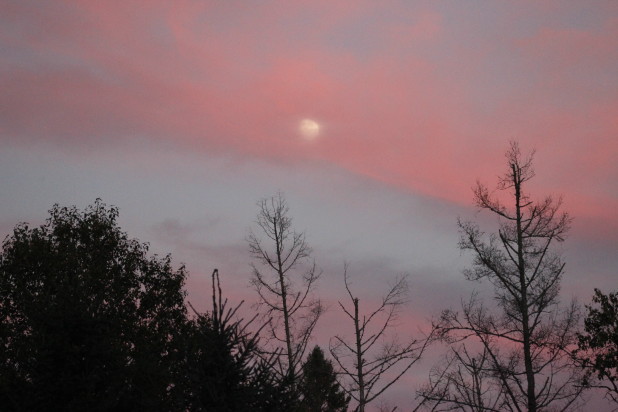Archive » Commentary
13 years later
September 9, 2014

By Nate Smelle
BY THE TIME THIS EDITION of Bancroft This Week ends up in the hands of its more than 9,000 readers it will have been 13 years since the attacks on the World Trade Centre in New York City. This means that there are now teenagers coming of age who were born after this monumentally tragic event. What do these young adults think of this heinous act of terror that rocked our world so recently? How is it taught to them in school, I wondered. Do they understand how these attacks forever altered the socio-political landscape of the entire planet?
Up until the time the Twin Towers came crashing down, taking more than 3,000 lives with them many of us in North America were oblivious to the sheer horror of war. Sure we had all seen footage from World War One, World War Two, Vietnam, etc., however, the shock and awe that descended upon us following the 9/11 attacks was something ominously new and unique.
Watching a documentary over the weekend entitled 9/11: Voices From The Air I found myself needing to revisit my own experience of this nightmare as I watched from a distance in an abandoned logging camp outside Edmonton, Alberta.
Looking through the archives at the Bancroft This Week office to refresh my memory I could not find a single copy of the paper that came out immediately after 9/11. I did, however, manage to pull a handful of editions published throughout the year after the attack containing letters to the editor about the attack.
Pain, suffering, fear, anger, vengeance and terror were the most common sentiments expressed in these archives. Another theme worth noting that I detected was a need for people to find common ground in defining the assault as one of a small list of “where were you when it happened moments” in our history. Anyone alive today who witnessed this mass-murder firsthand or from a distance has a perspective on how the world changed on this infamous day.
On the morning of 9/11 I remember walking with a small group of newfound friends along a freshly leaf-littered road that stretched through the forest between the abandoned logging camp where we were staying and the cafeteria where we were heading for breakfast. The week prior I had been participating in a weeklong series of workshops on how people can put sustainability into action in the communities where they live titled Ecotopia.
Seeing the cafeteria up ahead we picked up the pace as our hunger propelled us forward. It was at this moment the doors from the cafeteria flung open and a figure started running towards us shouting something about New York City and how someone had flown a plane into one of the Twin Towers. In disbelief we ran into the building and all sat around a long table listening to the reports on CBC radio. By the time breakfast was served the second plane had hit.
Uncomfortably numb we sat there with our gaping jaws frozen to the table. Realizing that this was more than just an unfortunate accident, the ideas and solutions we had shared with one another the previous week seemed so far out of reach now. The new hope we had fostered at the camp had been swiftly snuffed out by this vicious strike to America’s jugular.
The team of professor’s from the University of British Colombia who organized the Ecotopia workshop series had planned to finish the week’s events with a peaceful demonstration out front of a chemical factory that had repeatedly been caught dumping toxic waste into the waters of a nearby lake. That morning everything including the bus they had hired to transport the 50 of us to the demonstration was ready to go. Everything except us that was. In a trance-like state we walked down to the water to reflect. The Ecotopia community consisted of a population of Christians, First Nations, Buddhists and Muslims but none of these false divisions seemed to matter, we all prayed for peace together. In spite of all of the “Mission Accomplished” banners dangled in front of us during the last 13 years the War on Terror continues to rage on.


















